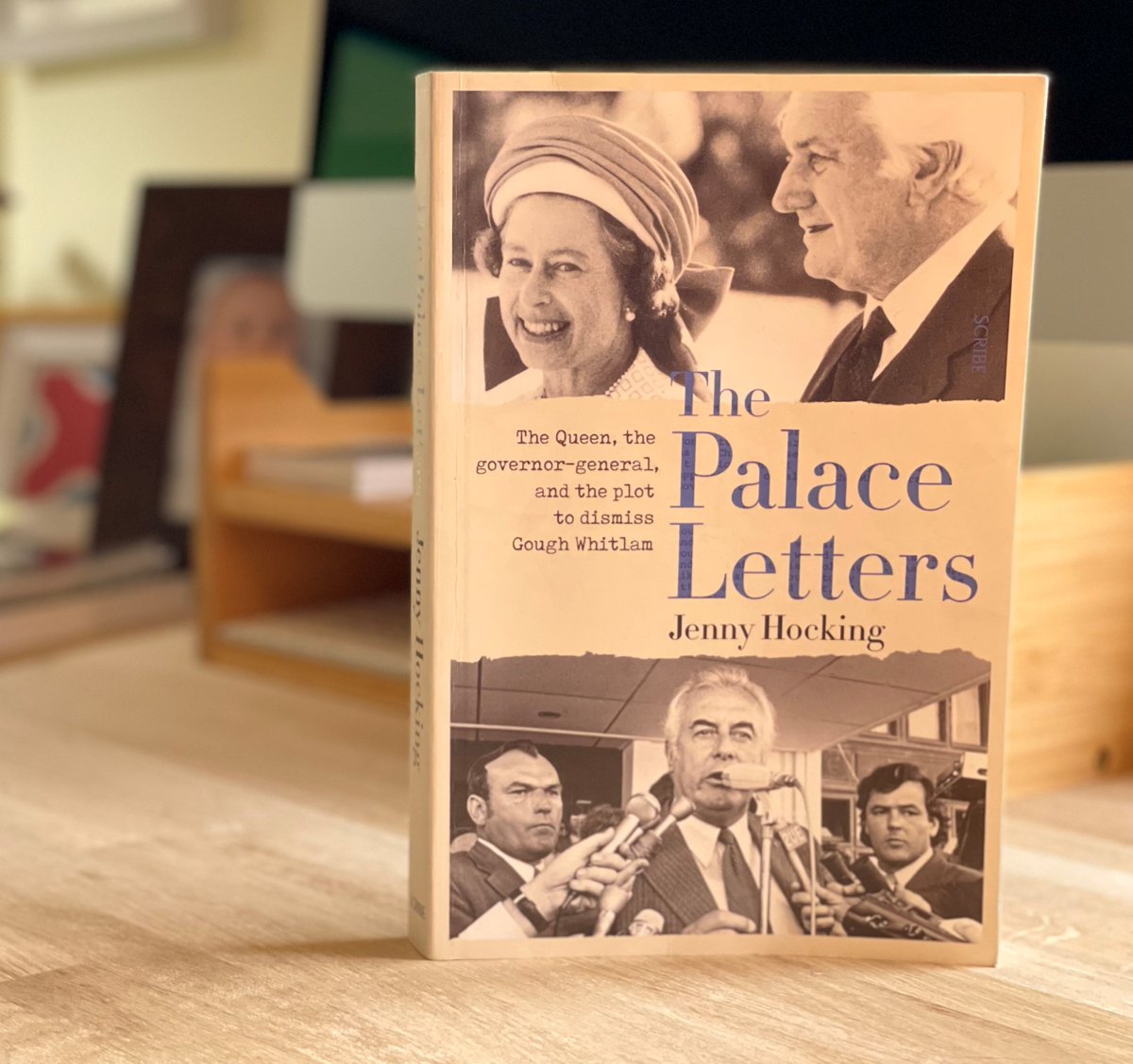
In 1975 Australia's Governor General, John Kerr, sacked the prime minister. Kerr always said that he hadn't told the Queen what he was planning and that his decision was made in the final days and hours. Thanks to a legal challenge by @palaceletters we know this isn't true. 

Kerr acted unconstitutionally. The PM, Gough Whitlam, had the confidence and support of the lower house. Kerr also acted months after coming up with the idea, and wrote numerous letters to the Queen, telling her of his plans.
The Queen, whose role is supposed to be advising and warning the PM, said nothing to Whitlam about Kerr's plans and said nothing to Kerr to stop him from sacking the PM.
When Jenny Hocking discovered the existence of these letters in Australia's national archive she asked to see them. What followed was a long legal battle to get them released, with the Queen herself insisting they were private and personal correspondence.
In the end Hocking won, and the letters revealed a great deal. Read all about this extraordinary and shocking saga in Jenny Hocking's book "The Palace Letters", available to buy at republic.org.uk/shop
• • •
Missing some Tweet in this thread? You can try to
force a refresh







